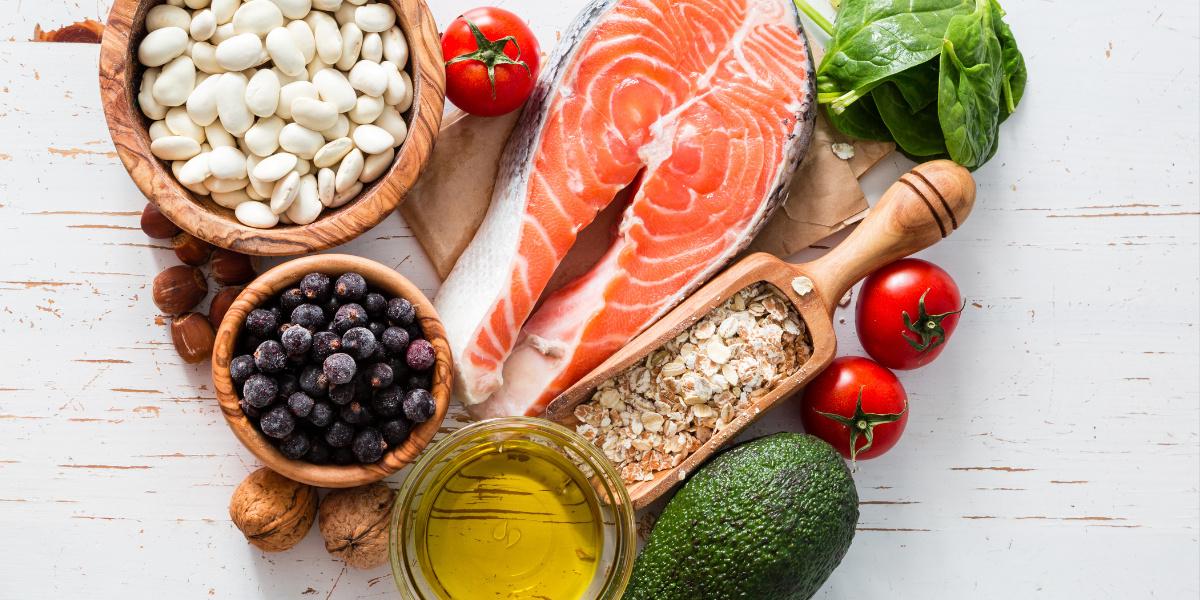
Understanding Vegan vs. Vegetarian: Key Differences and Delicious Recipes in 2025
Food 🍽️ 2025-05-11 5 minutes to readAs dietary preferences evolve, more individuals in 2025 are seeking plant-based lifestyles for health, environmental, and ethical reasons. Understanding the key differences between vegan and vegetarian diets can help you make informed choices. This comprehensive guide delves into the nuances between these dietary approaches and provides delicious recipes to inspire your culinary journey.
Introduction
The growing interest in plant-based diets is a significant trend in 2025, reflecting broader concerns about health, sustainability, and animal welfare. Both vegan and vegetarian lifestyles exclude meat but differ in their approach to animal products. This guide aims to clarify these differences and offer insights into choosing the right dietary path for your lifestyle.
Choosing the Right Path: Vegan or Vegetarian?
When deciding between a vegan and a vegetarian diet, it's essential to consider your personal values, health goals, and lifestyle preferences.
- Vegan Diet: This plant-based approach excludes all animal products, including dairy, eggs, and honey. It emphasizes whole foods like fruits, vegetables, grains, nuts, and seeds.
- Vegetarian Diet: While excluding meat, vegetarians may consume dairy products and eggs. It allows for more flexibility and can be easier to adopt for those transitioning from an omnivorous diet.
Consider your reasons for choosing a plant-based diet. Are ethical considerations at the forefront of your decision? A vegan lifestyle might align more closely with your values. If you seek dietary flexibility, vegetarianism might be a more suitable option.
Maintaining Your Plant-Based Lifestyle
Nutritional Considerations
Both vegan and vegetarian diets can provide adequate nutrition if planned carefully. Here are key nutritional components to monitor:
- Protein: Incorporate a variety of legumes, nuts, seeds, and soy products.
- Iron: Include leafy greens, lentils, and fortified cereals.
- Vitamin B12: Note that vegans need to supplement B12, as plant foods do not typically contain sufficient amounts.
- Calcium: Choose fortified plant milks and leafy green vegetables.
- Omega-3 Fatty Acids: Incorporate flaxseeds, chia seeds, and walnuts.
Financial Considerations
Transitioning to a plant-based diet can be cost-effective, but it's important to keep budgetary factors in mind:
- Buying in bulk and opting for seasonal produce can lower costs.
- Consider preparing meals at home to control ingredients and save money.
- Explore local farmers' markets for fresh, affordable options.
Delicious Recipes to Get You Started
Here are some simple and tasty recipes to kickstart your plant-based journey:
Vegan Chickpea Curry
This fragrant dish is rich in proteins and flavors.
- Ingredients: Chickpeas, coconut milk, tomatoes, curry powder, garlic, ginger, spinach.
- Instructions: Sauté garlic and ginger, add spices, tomatoes, and chickpeas. Stir in coconut milk, simmer, and add spinach before serving.
Vegetarian Quiche
A delightful option for breakfast or brunch packed with vegetables.
- Ingredients: Eggs, milk, bell peppers, onions, spinach, cheese, pie crust.
- Instructions: Pre-bake crust, sauté vegetables, mix with eggs and milk, pour into crust, top with cheese, and bake.
Summary Tips and Key Insights
Choosing between a vegan and vegetarian diet involves understanding your own dietary needs and ethical considerations. While both paths offer health and environmental benefits, they require careful planning to ensure nutritional adequacy. Whether you engage in this lifestyle for ethical reasons or personal health benefits, it's crucial to continuously educate yourself and adapt recipes to fit your needs. Utilizing local and seasonal foods not only enhances flavor but also reduces costs. A balance of creativity and planning ensures a sustainable and enjoyable culinary adventure in the plant-based world.
Deciding between a vegan and vegetarian lifestyle depends on personal values and goals. While both emphasize plant-based eating, their key differences lie in the approach to animal products. Maintaining a plant-based diet requires careful nutritional planning and can be cost-effective when done thoughtfully. Exploring delicious recipes can make this dietary journey enjoyable and rewarding. Whether you lean towards veganism or vegetarianism, the insights and examples shared in this guide equip you to make informed decisions about your dietary path in 2025.
